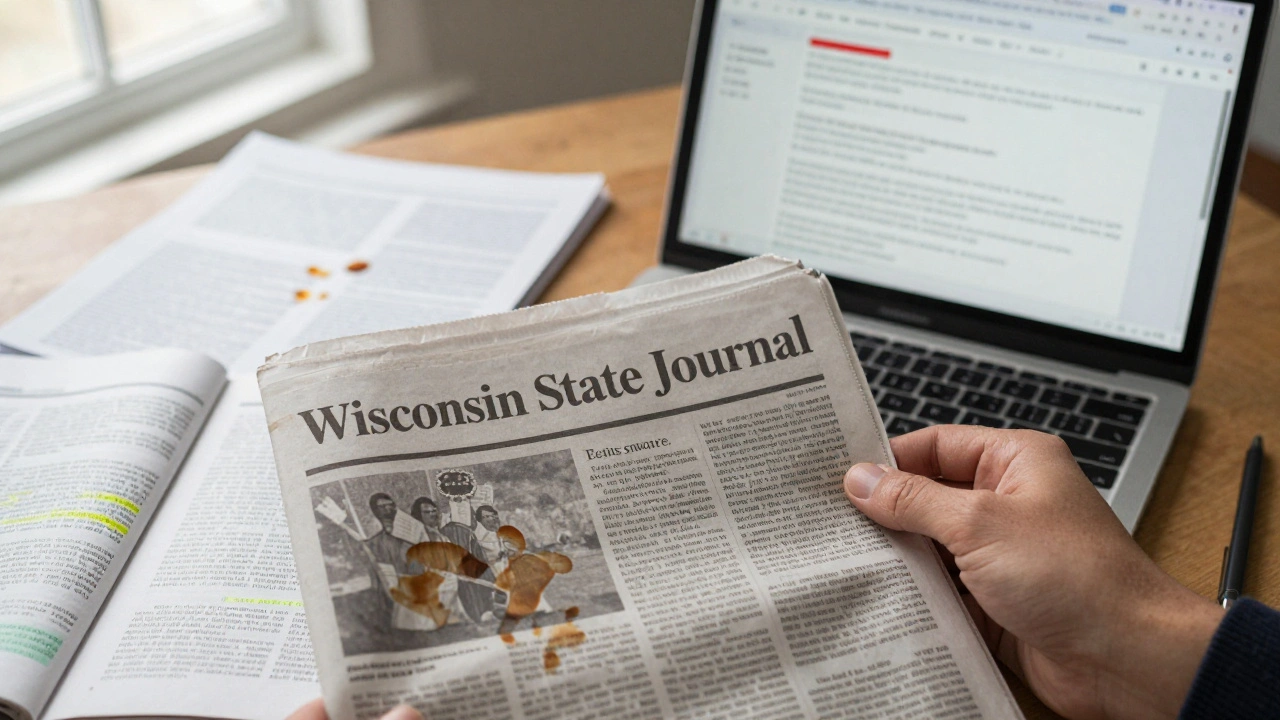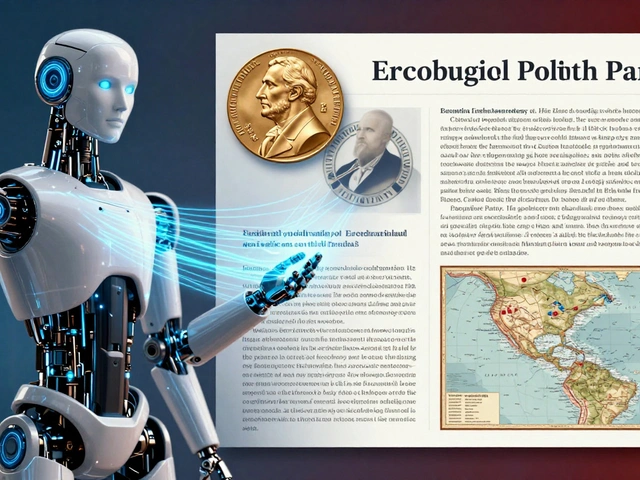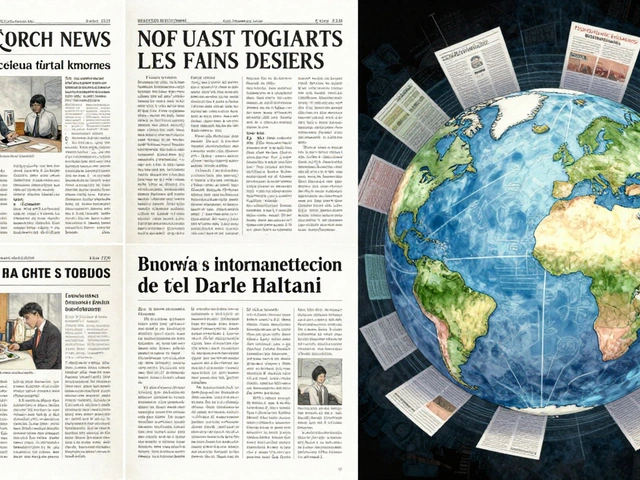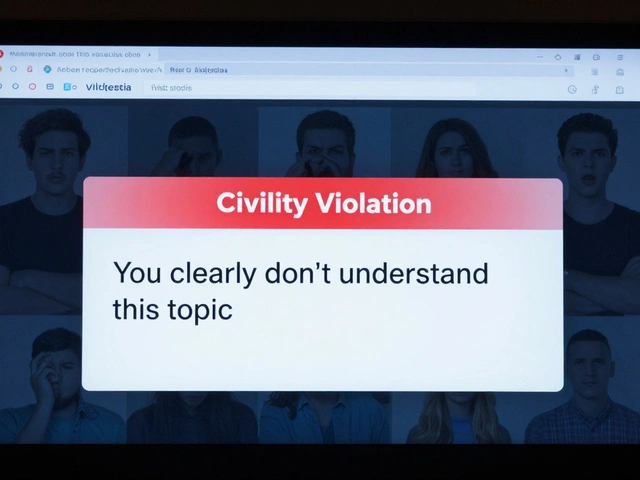Wikipedia notability: What makes a topic worthy of a page
When you ask why some things have Wikipedia pages and others don’t, you’re really asking about Wikipedia notability, the standard that determines whether a topic deserves its own article based on independent, reliable coverage. It’s not about how many people search for it, how loud the fans are, or even how true the information is—it’s about whether reputable sources have written about it in depth. This is the gatekeeper rule that keeps Wikipedia from becoming a directory of personal blogs, fan sites, and press releases. Without it, the encyclopedia would drown in noise.
Reliable sources, books, academic journals, major newspapers, and established magazines that independently cover topics are the backbone of notability. A single mention in a blog or a tweet doesn’t count. A company might be huge on social media, but if no major outlet has written about its history, impact, or operations beyond a one-line mention, it won’t meet the threshold. The same goes for people—being famous on TikTok isn’t enough. You need coverage from sources that are recognized as authoritative in their field. Wikipedia policies, the formal rules that guide content creation and editing require this because the goal isn’t to list everything that exists, but to document what’s been independently verified as significant.
Notability isn’t just about who gets in—it’s about who gets left out. It’s why local businesses, indie musicians, and even some scientists struggle to get pages, even if they’re respected in their niche. The system isn’t perfect, and it’s been criticized for favoring Western, English-language, and institutional perspectives. But it’s designed to be consistent. Editors don’t vote on popularity. They look at sources. They check if multiple independent outlets have covered the topic with enough detail to write a neutral, well-sourced article. That’s why you’ll find deep pages on obscure historical events covered by academic journals, but not on viral memes that faded in a week.
There’s also editor consensus, the collective judgment of active Wikipedia contributors who debate and apply notability rules. Sometimes, a topic that seems borderline gets a page because a group of editors agrees the sources are strong enough. Other times, even a well-known person loses their page after a deletion discussion because the coverage was too shallow or promotional. These debates happen out in the open, on talk pages, and they’re guided by policy, not gut feeling.
What you’ll find in this collection isn’t just theory—it’s real cases, real debates, and real edits. You’ll see how notability plays out in journalism, how it clashes with AI-generated content, and how volunteers fight to include underrepresented topics without breaking the rules. You’ll learn how to spot when a topic truly meets the standard, and when it’s just noise trying to sneak in. This isn’t about gatekeeping—it’s about making sure Wikipedia stays useful, trustworthy, and not just another search result.
How to Improve Wikipedia Articles to Avoid Deletion
Learn how to improve Wikipedia articles to avoid deletion by meeting notability standards, using reliable sources, and writing in an encyclopedic tone. Practical steps for editors to keep their articles live.
How to Get Your Wikipedia Article Featured: Step-by-Step Guide
Learn how to get your Wikipedia article featured by meeting strict quality standards: notability, neutral tone, reliable citations, proper structure, and peer review. A step-by-step guide for serious contributors.
How to Get Local Topics Accepted on Wikipedia: Meeting Notability in Small Markets
Learn how to meet Wikipedia's notability standards for local topics in small markets, avoid common deletion pitfalls, and use reliable sources like archives, government reports, and regional media to get your community's history documented.







